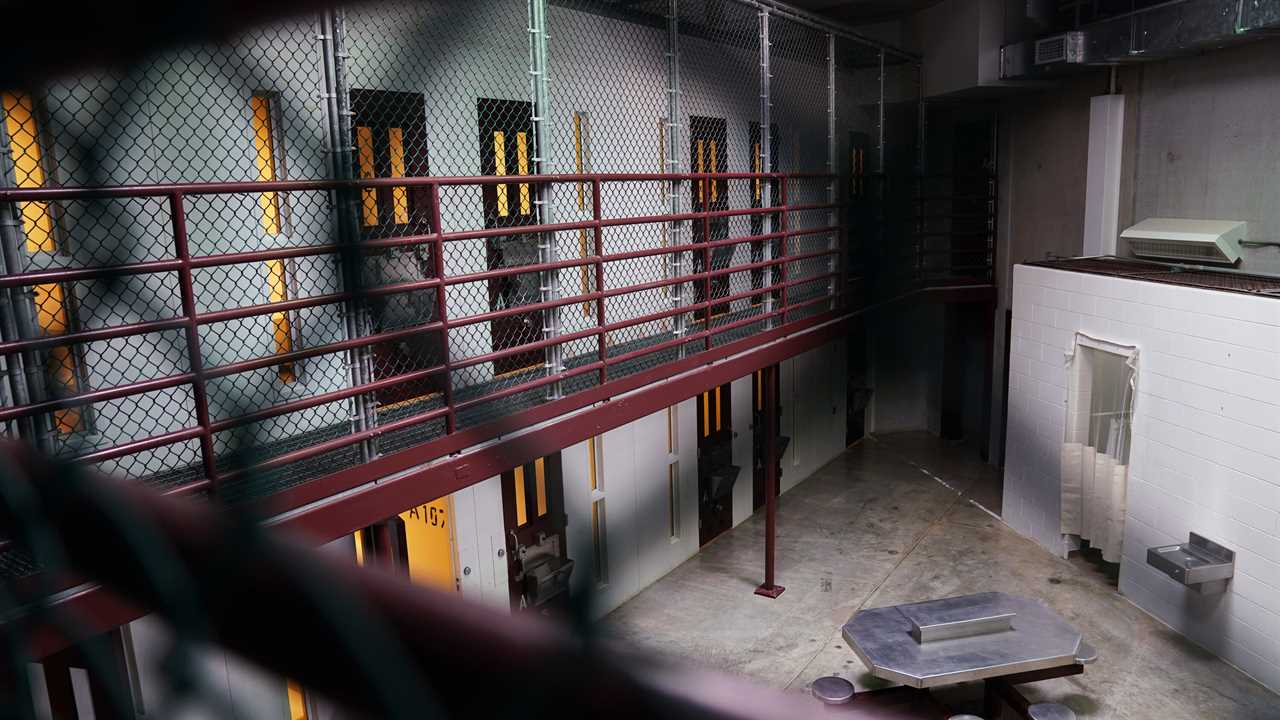
GUANTÁNAMO BAY, Cuba — The youngest detainee at Guantánamo Bay, a Yemeni man who has spent his entire adult life in U.S. custody, has been cleared for release, the Pentagon disclosed on Tuesday, but must wait for the Biden administration to find a country willing to offer him rehabilitation.
At a Periodic Review Board hearing on Jan. 25, an unidentified U.S. military officer described the detainee, Hassan bin Attash, as believing that “his capture and subsequent detention had changed the trajectory of his life.” The officer said the now-cleared prisoner was influenced by American culture during his 20 years of detention, which according to a Senate study included at least 120 days at a C.I.A. black site.
Mr. bin Attash, who was born in 1982 or 1985, was captured in a Pakistani security services raid on Sept. 11, 2002, along with a defendant in the Sept. 11, 2001, case, Ramzi bin al-Shibh. Mr. bin Attash’s older brother, Walid, is also accused of helping plot the Sept. 11 attacks. But Hassan bin Attash has never been charged with a crime.
Of the 37 wartime detainees at Guantánamo, 20 have now been provisionally approved for transfer. Twelve have been charged with crimes, including the convicted Qaeda courier Majid Khan, who completed his sentence last month but does not have a release arrangement. Five are indefinite detainees in the war on terrorism, neither charged with crimes nor designated for transfer.
The challenge is for the State Department to negotiate transfer deals for the cleared men with countries willing to provide security guarantees that satisfy Defense Secretary Lloyd J. Austin III. Diplomats have arranged just three transfers from the prison since President Biden took office despite an administration goal of closing the detention center.
The State Department recently rehired Ian Moss, a lawyer who had negotiated transfers at the office of the special envoy for the closure of Guantánamo during the Obama administration. His title is deputy coordinator for terrorist detention and countering violent extremism, a spokesman said, and he will again arrange transfers.
Both bin Attash brothers have been held at Guantánamo Bay since 2006, and are now imprisoned in adjacent buildings but have never been allowed to see each other, their lawyers have said. The only known photo of Hassan bin Attash was taken soon after he was brought to Guantánamo as a young man with a bushy, unkempt head of hair.
He is the youngest detainee. Saifullah Paracha, 74, is the oldest, and has been cleared for transfer since May.
It is not clear where Mr. bin Attash would go. Although a citizen of Yemen, he was raised in Saudi Arabia in a family with several sons who joined the jihad in Afghanistan and found their way to the company of senior Qaeda leaders.
The board’s decision said that he “presents some level of threat,” but that he had been a “positive influence” at the prison. It recommended that he be sent to a country with a “strong rehabilitation and reintegration program” and “enhanced monitoring.”
Earlier this year, the military officer assigned to advocate for Mr. bin Attash as his “personal representative” told the panel that the prisoner had become so fluent in English, and “comfortable with people of different backgrounds and beliefs,” that he aspired to find work as an Arabic-English translator after his release.
Mr. bin Attash was approved for release two weeks ago, according to an announcement posted on Tuesday by the Defense Department. The Pentagon offered no explanation for the delayed disclosure, which confirmed accounts posted on Twitter and Facebook by a former detainee and the sister of a current detainee.






